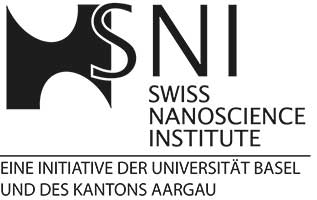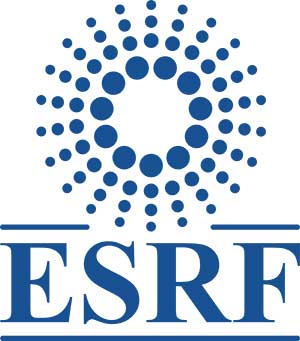The European Synchrotron, the ESRF, is an international research centre based in Grenoble, France.
Through its innovative engineering, pioneering scientific vision and a strong commitment from its 700 staff members, the ESRF is recognised as one of the top research facilities worldwide. Its particle accelerator produces intense X-ray beams that are used by thousands of scientists each year for experiments in diverse fields such as biology, medicine, environmental sciences, cultural heritage, materials science, and physics.
Supported by 22 countries, the ESRF is an equal opportunity employer and encourages diversity.
Project title: Molecular level understanding of cavity formation upon loading and unloading in cross-linked nanocomposites.
You will join ID02’s team at the ESRF. Beamline ID02 is specialized for time-resolved investigations of soft matter and biophysical systems down to the sub-millisecond range by exploiting the coherence and brightness of the new ESRF–EBS source. It is used to study soft matter such as polymers, liquid crystals and emulsions. It permits nanometre changes in soft matter to be followed on a millisecond timescale. It is a multipurpose high-resolution SAXS/WAXS/USAXS instrument featuring a 34 m detector tube combined with state-of-the-art optics and detectors.
The aim of the PhD project is to understand nanocavitation upon loading and unloading in cross-linked nanocomposites (rubbers) on a molecular level by using in situ scattering techniques. Cavity formation is the response of the material on localized high level stress which leads to irreversible breakage of polymer chains and in the end to a macroscopic crack propagation and deterioration of the material. Any heterogeneity (imperfection) in the material causes localised viscoelastic deformations and consequently a heterogeneous stress distribution. The novelty of the project will be to study how the phase morphology of different polymer blends (using different filler materials/dispersions and manufacturing conditions) affects the damage mechanisms (cavitation) in the bulk and around a crack tip.
Further information may be obtained from Dr Michael Sztucki (tel: +33 (0)4 76 88 28 93, e-mail sztucki@esrf.fr), from Dr Ali Karimi (+49 (0)511 976-30787, e-mail ali.karimi@conti.de) and from Prof. Dr Jorge Lacayo-Pineda (+49 (0)511 976-4523), e-mail jorge.lacayo-pineda@acc.uni-hannover.de.
- Degree allowing enrolment for a PhD (such as MSc, Master 2 de Recherche, Laurea or equivalent) in chemistry or a closely related natural science like physics, materials sciences, nanotechnology, etc. Degrees must have been granted by European universities or already recognized as equivalent.
- A background in experimentation is desirable, and knowledge of scattering techniques, polymer science as well as programming would be an advantage.
- Manual skills and rigorous attention to detail are essential in this work environment.
- Proficiency in English (a proof of upper-intermediate level must be included in the application. Applicants originating from native-English-speaking countries can apply without the need for proof of level. An official degree conducted in English will be also accepted as a proof).
- Compliance with the Marie Sklodowska-Curie mobility rule: candidates may not have resided or carried out their main activity (work, studies, etc.) in France for more than 12 months in the three years immediately before the date of recruitment.
- At the date of recruitment, early-stage researchers must be in the first four years of their research careers and have not yet been awarded a doctoral degree.
- Candidates must satisfy the conditions for enrolment in a doctoral programme.
Click here for more details about the application procedure.
The successful candidate will be enrolled in the doctoral school at University of Hannover (Germany) and based full-time at the ESRF (Grenoble, France), other than a 3-month secondment at Continental Reifen Deutschland GmbH (Hannover, Germany). Additional visits totaling no more than three months may be made to the University of Hannover when needed. Furthermore, a varied pedagogical training programme will be offered to the successful candidate throughout the three-year PhD project.
Click here for more details on the InnovaXN programme.
Expired






